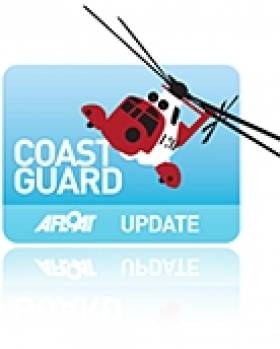Displaying items by tag: Margaret Elliot
NI Coastguard Centre May Face Closure
Public spending cuts in the UK could see the closure of Northern Ireland's only coastguard rescue command centre, the News Letter reports.
The coalition government is expected to announce phasing out of a number of the UK's 19 coastguard centres - and a member of the NI Coastguard said that "Bangor is certainly under threat".
The command centre in Bangor oversees coastguard operations along the entire coastline from Lough Foyle to Carlingford Lough, and has handled more than 700 incidents so far in 2010.
The staff member added: "The coastguard here in Northern Ireland is already over-stretched, and we firmly believe that the closure of our centre in Bangor will have a serious and detrimental effect on our ability to respond to emergencies here."
Margaret Elliot - the mother of teenage drowning victim James Elliot, who died in the flood-swollen River Bush in Co Antrim last year – has described the proposed cutbacks as "absolutely disgusting".
"We simply cannot allow this essential service to be threatened in any way. Saving money should never be a factor when it comes to saving lives," she said.
The News Letter has more on the story HERE.
























































